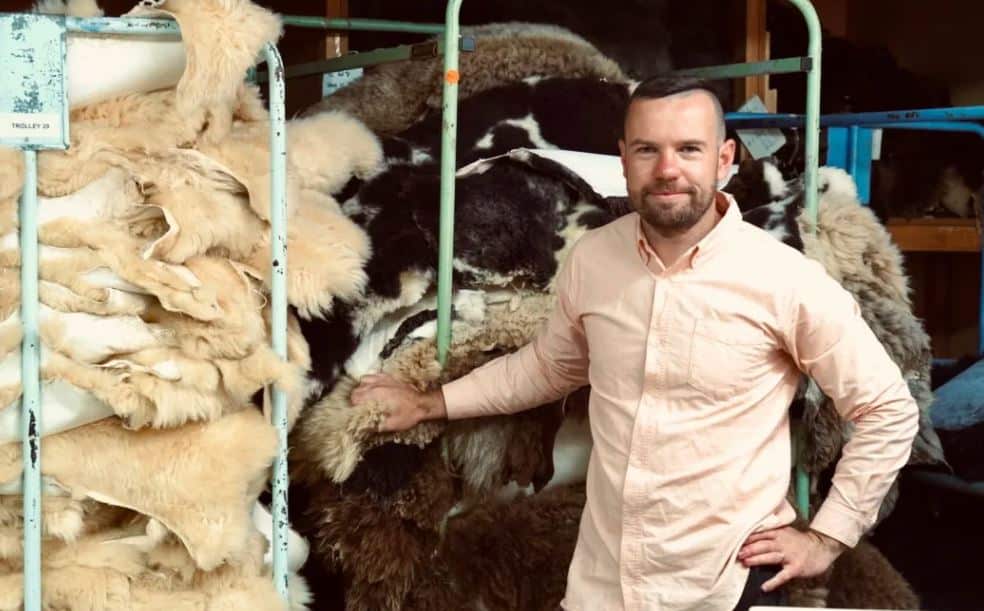One of the country’s last remaining woolskin tanneries says there has been a resurgence in demand for sheepskin as people begin to turn away from plastic alternatives and “vegan” leather options.
Founded in 1969, Classic Sheepskins in Napier is the last of its kind to operate entirely locally, with other tanneries either exporting their skins for processing overseas where labour is cheap, or working only with cowskin.
The tannery’s general manager, Kieran Callaghan, said between homewares, baby products, car seat covers and woolly slippers, there was still a good market for their products – and demand was only growing.
“I think we are in a phase where people are starting to come back to natural products,” he said, with the growing desire for product longevity and concerns about the effect of plastic on the planet likely contributing.
At Classic, the whole tanning process is done within a 1km radius across a series of buildings in Napier’s industrial area, Pandora.
Owned by a group called the Hawke’s Bay Meat Company, they aimed for 60,000 skins a year, Callaghan said, and were now aiming to increase that to 100,000 by next year.
The skins were a byproduct of the meat industry.
“If they don’t come here, or are not made into leather, they’re destined for compost or landfill.”
The process begins by salting the skins to remove moisture and kill bacteria. Then the skins are pickled for a day or so and treated with a tanning agent to lock the wool fibres into the skin.
Callaghan said the tanning agent was, at one point, quite unique to New Zealand, but now with the proliferation of Kiwi tanners overseas, many places used something similar.
“There’s not been a whole lot of major R and D (research and development) in terms of these sort of things in the tanning world because it’s sort of just shipped off to places [with cheaper labour].”
Tanning was still a rare craft, he said.
“The number of tanners in the world would be quite a small number, especially wool tanners.”
But many ended up in big markets like China, where there’s demand for their skills.
First published by HB Today. Click here to read the full article.

